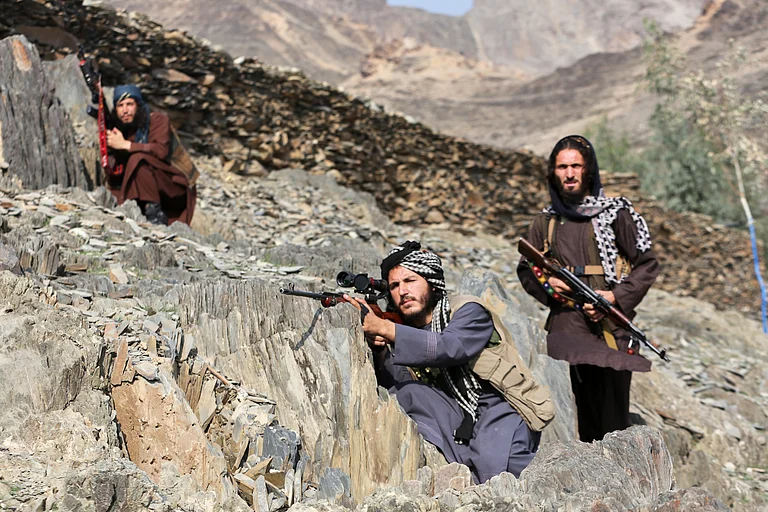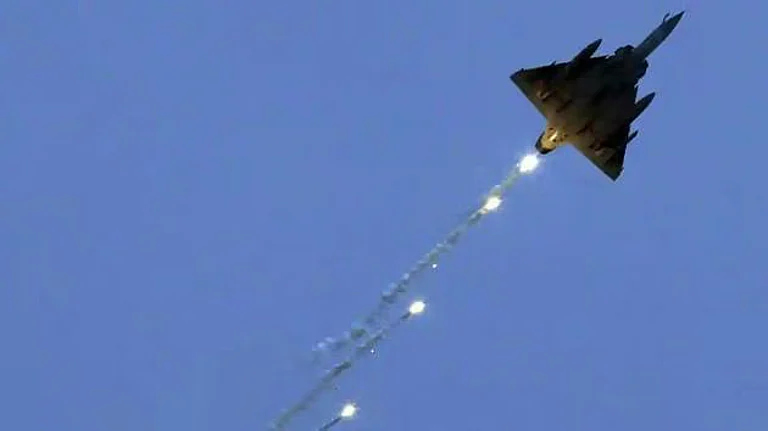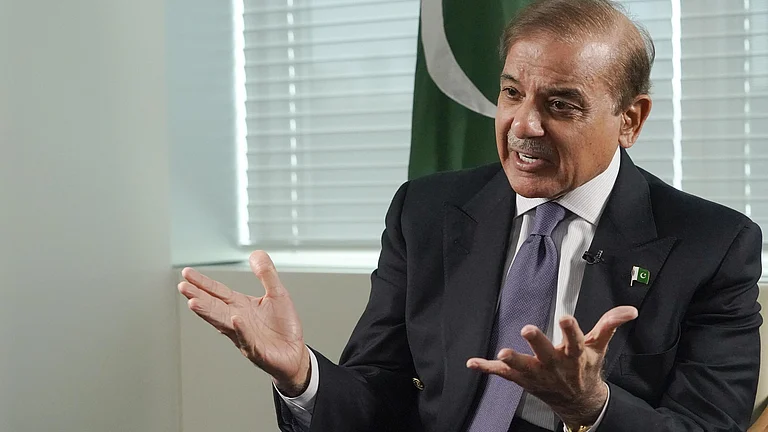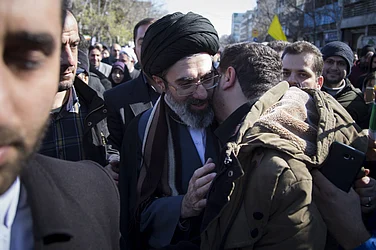
Summary of this article
Peace talks in Istanbul enter third day with no agreement between Pakistan and Afghanistan.
Ongoing border clashes and casualties strain the fragile ceasefire.
Pakistan urges Kabul to act against the TTP as Turkey and Qatar mediate discussions.
Peace negotiations between Pakistan and Afghanistan entered a third day on Monday in Istanbul, but the two sides failed to reach an agreement by the end of the session, officials from both countries said.
According to Associated Press, the talks are aimed at reinforcing a fragile ceasefire following recent border clashes that have left dozens of soldiers and civilians dead on both sides. The meetings come as U.S. President Donald Trump pledged to “resolve the crisis very quickly” while attending the ASEAN summit in Malaysia on Sunday.
The current negotiations follow an earlier round hosted by Qatar, which led to a ceasefire deal on 19 October between Islamabad and Kabul. Despite that agreement, exchanges of fire have continued. Pakistan’s army said on Sunday it had killed 25 militants while repelling “two major infiltration attempts” along the border. It added that five Pakistani soldiers had also been killed in the fighting. Independent verification of the casualty figures has not been possible due to media restrictions in the area.
Afghan media quoted Zabihullah Mujahid, the chief spokesman for Afghanistan’s Taliban government, as saying that the Istanbul discussions were ongoing, with “no outcome announced yet.” Pakistani officials confirmed the continuation of talks but said the Afghan delegation had been in frequent contact with authorities in Kabul, delaying progress.
Officials with direct knowledge of the negotiations, who spoke on condition of anonymity as they were not authorised to brief the media, said the discussions are being hosted by Turkey’s government and facilitated by Qatar. They added that Turkey is working to keep the process “productive, fruitful and result oriented", reported Associated Press.
Trump told reporters on Sunday that he was aware of the peace efforts between the two countries and would “get that solved very quickly.” Earlier this year, Pakistan had recommended Trump for the Nobel Peace Prize for his role in defusing tensions with India after a crisis triggered by the killing of tourists in Indian-controlled Kashmir in April. That standoff ended through U.S.-led diplomatic intervention, which Trump has often credited himself for.
The latest round of Istanbul talks is intended to secure the ceasefire and move toward a broader understanding between the neighbours. Pakistan has long accused the Taliban administration in Kabul of harbouring militants who launch cross-border attacks, allegations the Afghan government denies.
No official statement has yet been released by Pakistan regarding the ongoing discussions, which are expected to conclude by Friday. A joint communiqué was anticipated late Monday but did not materialise, according to officials.
Two Pakistani security officials told Associated Press that Islamabad’s delegation presented its final position to the Afghan Taliban representatives, stressing that “patronage of terrorists is unacceptable” and urging Kabul to take “concrete and verifiable” steps against the Tehrik-e-Taliban Pakistan (TTP). The officials said Pakistan had also provided evidence of cross-border attacks launched by the group from Afghan territory.
“The Pakistani delegation’s position remains logical, firm, and vital for peace,” one of the officials said. “The demands presented by Pakistan are logical, well-reasoned, and legitimate, and even the host countries have acknowledged that Pakistan’s stance is fair and justified.”
Meanwhile, trade and border communities are hoping for progress, as all crossings between the two nations have remained closed for two weeks. Hundreds of trucks loaded with goods are stranded, awaiting the reopening of key routes.
Border violence has troubled Pakistan’s frontier regions since 1979, when the country became a front-line state in the U.S.-backed war against the Soviet Union in Afghanistan.
(With inputs from Associated Press)






















